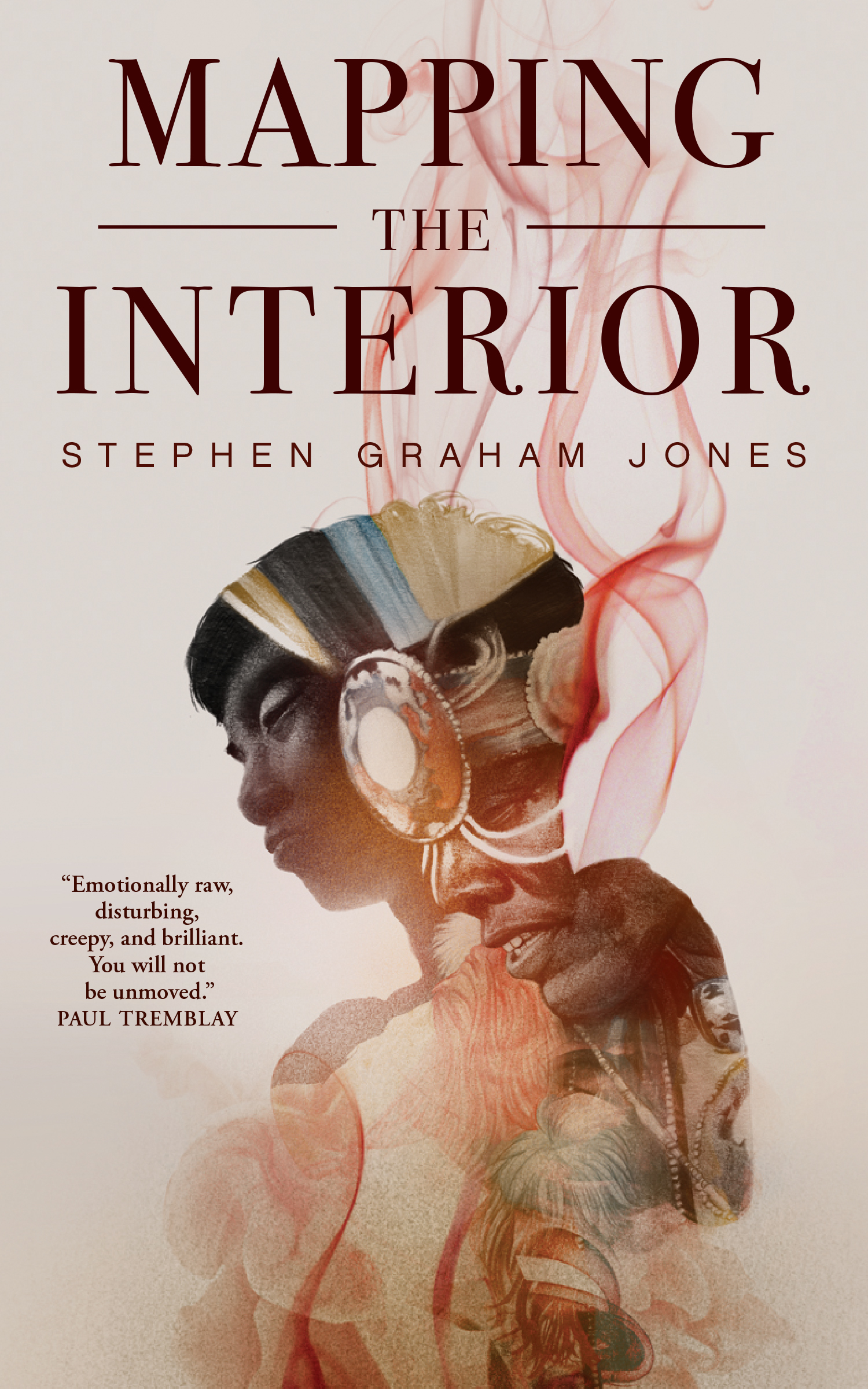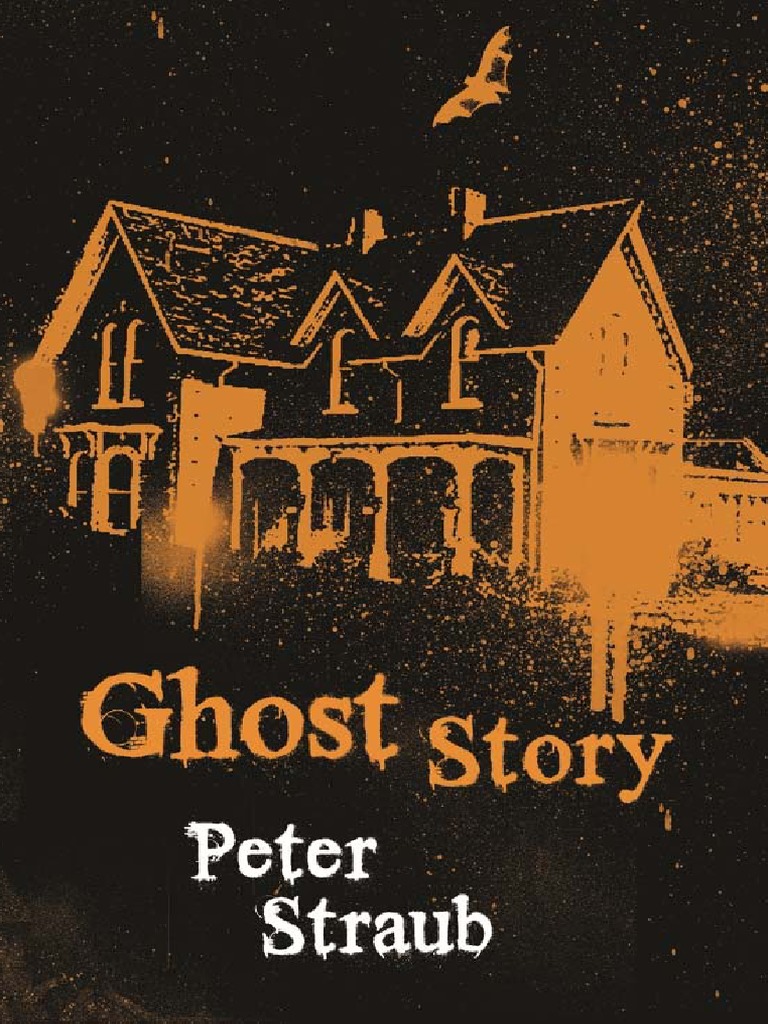There are no right answers when it comes to judging the quality of audiobooks, but there are wrong ones. One wrong answer is a mere translation of the text onto tape without inflection, emotion, or intonation, a meager transference of marks on a page to dull sounds in the atmosphere. Another is having text-to-voice AI programs read it to you, which produce the same results but also inadvertently communicate how unimportant storytelling really is to the makers and marketers of such a product.
Thankfully, the wrong answers are few. The best audiobooks feature, at their most stunning, a vocal talent that comprehends the material and gives a full dramatic interpretation of the narrative and, at the very least, the vocal talent does not detract from the story they are reading. Of course, there is a subjective component to the weighing of such things, but that doesn’t make it arbitrary: it simply means there’s a process of apprenticing taste that isn’t automatic for just anyone or “everyone” in the abstract.
We would wager that narrating horror — or horror-adjacent — literary works is even harder than the norm. For if the one reading can inhabit the narrative in such a way as to get under the skin of the person listening, they have conjured something ancient in their telling, whether in Anglo-Saxon Christmas traditions or around a summer camp bonfire. These are the stories and the performances that resurrect the ghouls of this world and remind us that, perhaps, science can’t explain everything and that tidy explanations tend to paper over the cracks of the stories we collectively live.
So, to celebrate this fiendish Halloween season at Mockingbird, your favorite harbingers of doom Blake Collier and I have returned to give you our picks for terrifying and devilish examples of audiobooks that dance like the incorporeal dead in our worst nightmares. Which, for some of us, is exponentially more manageable than the mundane horrors of modern living! Get some good headphones, start a fire, and guard your hearts as the spooks are heard, yet unseen.
Wait … what was that?
Blake Collier’s Picks
Hold the Dark, by William Giraldi; read by Richard Ferrone
Giraldi is currently my favorite living author. And, to be fair, I did not discover him by way of books, but instead through the film adaptation of his second novel Hold the Dark, which was directed by a favorite director Jeremy Saulnier. I just couldn’t quite crack the code of the film, however, so I bought the audiobook and listened to the delightful baritone of Richard Ferrone. I thought maybe the mysteries of the film might be opened up to me by engaging the source material, but, instead, Farrone’s voice just bewitched me for seven hours, and now I know less about how to crack the code of this story and I have more existential dread by way of its obscurant revelations unto me.

The Night Ocean, by Paul La Farge; read by Elisabeth Rodgers
I’ll be honest. I started listening to this book knowing very little about it and mostly because I loved its cover. Yes, dear reader, I judged a book by its cover. And, you know what? I was right. This book was very good, much like its cover. Rodgers isn’t the most versatile narrator, but is able to step out of the way of the material and when it calls for it, she nails the utter confusion and terror of the ubiquity of the unknown. Also, this is about Lovecraft and how his real life and fiction may not have been so easily torn asunder.
The Pallbearer’s Club, by Paul Tremblay; read by Graham Halstead & Elizabeth Wiley
I read Paul Tremblay’s novel A Head Full of Ghosts at the behest of my good friend Blaine Grimes and Tremblay became, in that moment, Author I Must Now Pay Attention To™. So I did pay attention to him and … wasn’t terribly impressed afterwards. However, I’m persistent. If a story sounds compelling enough, I’ll give it a shot. The Pallbearer’s Club to be quite clear would not have worked for me on paper, but via sound waves, it was perfect. Halstead and Wiley don’t do anything fancy, but their pathos and lent sincerity give this story heart when I’m not sure it was there to begin with.

Mapping the Interior, by Stephen Graham Jones; read by Eric G. Dove
Ian and I have both praised the writing of Stephen Graham Jones. Simply put, you really can’t go wrong with his books. And he has a lot of them, because he wrote a long time before the zeitgeist caught up to him. This novella is brilliant. Period. To think it could have been improved on was, at one point, unthinkable to me. Until I listened to Dove’s interpolation of Jones’ off-beat, J-Dilla-esque prose and I realized that certain people are meant to read certain authors. Dove should narrate every Jones novel, he is that good.
People Live Still in Cashtown Corners, by Tony Burgess; read by Phil Chenevert
Tony Burgess is a weird writer. An acquired taste for sure. I’ve talked often about his book and film adaptation of Pontypool Changes Everything, but it is this audiobook that conjures up the frenetic intensity of evil. Think of Cashtown Corners as the product of Woody Allen making a psychological horror flick. Chenevert’s narration and vocal timbre invokes the anxiety of a person doing horrible things and yet not being fully cognizant that what they are doing is bad. This is a horror audiobook for those who find the extremes of anxiety terrifying.
Ian’s Picks
Frankenstein, by Mary Wollstonecraft; read by Dan Stevens
Frankenstein doesn’t need much in terms of introduction: you might not know all the details of its plot, but you know the basics. This novel is an important one for our moment when we are reckoning with the incipient powers of AI, but first and foremost I love it for its darkly romantic evocations of landscapes such as the Alps and the Arctic and the shadow that hangs over the entire narrative, before the reader even learns of Dr. Frankenstein’s mad scheme. The absolutely fantastic thing here is Stevens’ narration (which I was introduced to by my wife, Kristin), as this man runs the gamut from weary, hubristic scientist, despairing of the consequences of his experiment, to the creature who spurns his maker and seeks retribution.
The Unsettled Dust, by Robert Aickman; read by Reece Shearsmith
Aickman was someone you probably wouldn’t give a second glance passing on the sidewalk, but normie appearances notwithstanding this man somehow cultivated an awareness of the eerie absences and substitutions that creep up on us and make us ask, “Is this really happening?” Aickman called his fiction “strange stories” as sometimes they had nothing overtly paranormal driving their plots. And yet they feel so off: one detail will stand out that will demand the protagonist’s attention and in shining the spotlight of consciousness upon it an entire architecture of the uncanny emerges, upending our entire sense of what is normal, even true. Shearsmith narrates these stories with manners and restraint, making them all the more panic-inducing for how calm his voice is.
The Wide, Carnivorous Sky and Other Monstrous Geographies, by John Langan; read by Eric Martin
Langan’s stories vary from the weird and dreadful to black comedy to horror survival and sometimes all within a single tale. Martin is up to the task, however, and, like Jimmy Page dialing his tone knobs between verse and chorus and solo, he shifts his delivery to maximize the strangeness of each sequence. This is literary horror that is no less gripping for writing in prose you won’t find at the grocery store book rack, and the attention to language aids the story’s effects by defamiliarizing the world we presume to have figured out.

Ghost Story, by Peter Straub; read by Buck Schirner
Straub comes close to arguing in narrative form why we tell and love ghost stories: they encapsulate the melancholy and dread of our lives as aesthetic, shared objects, allowing us to indirectly confront that which terrifies us most. I first read this because the film adaptation got under my skin and I was surprised to find that what didn’t get adapted got further under it. The story is an intensely sad one, which is what really gets to me, and the spooks seem so apt here as objective correlatives to that sadness. Schirner reads it with the grit of a film noir detective but punctuated with eerie flashes of other timbres, with the result that it feels as disorienting sonically as it is imaginatively.
Song for the Unraveling of the World, by Brian Evenson; read by Mauro Hantman
I’ve lauded this collection before (still grateful to Trevor Almy for recommending it) and emphasized how the horror of many of these stories is the unveiling of reality that the uncanny opens, unraveling the sanitized images of the world and ourselves we live with and disclosing the truth we are not equipped to reckon with. In many instances the stories’ protagonists collide with something that should not be, sometimes a version of themselves, sometimes a smear on the surface of reality, sometimes a background sound that isn’t quite right, that gives the lie to quotidian assumptions of the world. Evenson laces images and ideas from story to story to interweave them in ways that make them not so much a shared universe as a passage through a string of nightmares in which the same few themes multiply in horrible iterations. And Hantman darts from an appropriate detachment in some moments to a frightening frenzy in others.

COMMENTS
5 responses to “Horrors Heard and (Hopefully) Not Seen”
Leave a Reply













Great list! I’ll have to check some of these out. If I may, you’ve GOT to add the audiobook version of Flannery O’Connor’s Everything That Rises Must Converge. The narrators do such a great job! very spooOoooOooky!
I love this list, and I am so glad to see Brian Evenson get a mention. I would also recommend Victor LaValle’s The Changeling. Great work, my spooky friends!
No.
Is that a Barthian, “No”?
Nein!